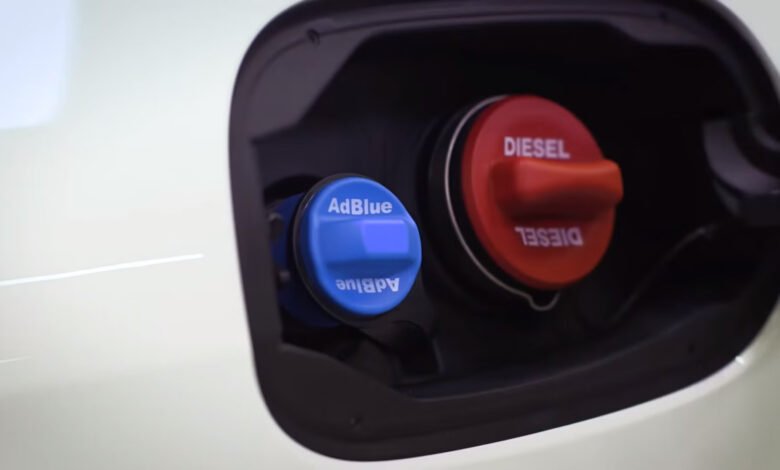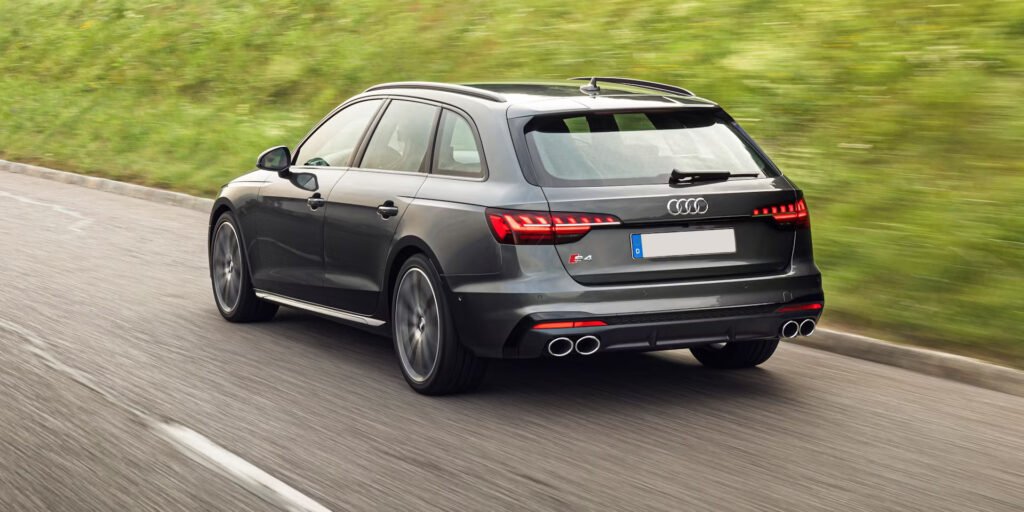
Why are diesel cars more expensive than petrol cars ?
Petrol and diesel engines have powered our journeys for decades, and despite the shift towards electrification, they continue to play a significant role in the automotive landscape. Understanding the nuances between these traditional fuels can help you make an informed decision for your next car purchase, especially in a market that’s increasingly favoring electric and hybrid alternatives. Here’s a closer look at the pros and cons of petrol and diesel cars.
For the latest car reviews and exciting automotive news, make sure to check out https://motorvibez.com/
Why are diesel cars more expensive than petrol cars ?
Purchase Price: Initial Investment
One of the first considerations for buyers is often the purchase price. Generally, diesel cars carry a higher price tag compared to their petrol counterparts. This difference is attributed to the robust engineering required for diesel engines, which must withstand higher compression ratios, and the added cost of emission-control systems like diesel particulate filters and AdBlue. For example, comparing two BMW models in M Sport trim reveals a modest difference in recommended manufacturer prices, with the diesel variant being slightly more expensive.
Running Costs: Long-term Expenses

When it comes to the total cost of ownership, several factors come into play:
- Insurance: The difference in insurance costs between petrol and diesel cars is relatively marginal. While diesel cars might incur slightly higher premiums due to potentially higher repair costs, the overall impact on insurance expenses is minimal.
- Servicing: Diesel engines, with their more complex emission-control systems, may lead to higher servicing costs compared to petrol engines. Furthermore, older diesel cars have shown poorer MoT pass rates, which could indicate higher maintenance expenses over time.
- AdBlue: For modern diesel cars, AdBlue is a necessary expense for reducing NOx emissions. Though the cost of AdBlue is relatively minor, it’s an additional running cost that diesel car owners need to consider. Depending on driving habits and vehicle type, a 10-liter refill of AdBlue, costing around £20 online, could last between 3,000 to 6,000 miles.
Legislative Considerations: Future Implications
Beyond the financial aspects, legislative measures aimed at reducing vehicle emissions are reshaping the automotive landscape. The impending ban on sales of new petrol and diesel cars underscores the importance of considering future regulations and potential impacts on vehicle resale value and usability.
Fuel Efficiency and Costs: The Diesel Advantage
Fuel efficiency stands out as a major selling point for diesel cars, especially for those who rack up high mileage each year. Taking the BMW 520i and 520d as examples, the diesel variant offers a 28% better fuel economy than its petrol counterpart, a substantial difference that can lead to significant savings over time. With diesel engines typically achieving more miles per gallon, the gap in fuel costs between petrol and diesel can quickly narrow, making diesel an economically sound choice for long-distance drivers.
For instance, despite the higher per-liter cost of diesel, the enhanced fuel efficiency of a diesel car like the 520d means that over 20,000 miles a year, a driver could save a considerable amount compared to driving a petrol vehicle. This aspect alone can make diesel an attractive option for those who spend a lot of time on the road, offsetting higher initial purchase and running costs.
Emissions, Taxation, and Environmental Considerations

The environmental impact of diesel cars has been a point of contention, especially with older models. However, advancements such as AdBlue and diesel particulate filters (DPFs) have significantly reduced the emissions from modern diesel engines, making them comparable to petrol cars in terms of cleanliness. This evolution addresses one of the major drawbacks historically associated with diesel engines.
From a taxation perspective, diesel cars have certain advantages due to their lower CO2 emissions compared to petrol cars. This difference affects not only the road tax but also company car tax rates, potentially leading to savings for diesel car owners. However, emission zones in cities like London’s ULEZ present a challenge for older diesel cars, which are held to stricter standards than petrol cars. Only diesel vehicles compliant with the newer Euro 6 standards can avoid these charges, while petrol cars have more leeway with the older Euro 4 emission regulations.
Driving and Performance Differences
Noise: Diesel engines have come a long way in terms of refinement, but they still tend to be noisier than their petrol counterparts, often producing a distinct ‘clatter.’ If you prioritize a quieter ride, a petrol engine might be more your speed.
Revs/Engine Speed: Diesel engines typically have a lower rev limit, maxing out around 5,000 rpm, while petrol engines can go up to 6,500 rpm or more. This characteristic affects how each engine delivers power and can influence your driving experience, especially if you enjoy the high-revving nature of petrol engines.
Power Delivery/Torque: Diesel engines may not match the power output of petrol engines, but they excel in torque, making them ideal for tasks like towing. Their low-rev, high-torque nature also contributes to fuel efficiency, particularly on motorways.
Diesel Particulate Filters (DPFs): A key component in reducing emissions from diesel cars, DPFs can become clogged if not regularly ‘regenerated’ by driving at higher speeds. If your driving is mainly in urban settings, this could be a deterrent to choosing diesel.
Pros and Cons of Petrol Cars
Advantages:
- Typically cheaper to purchase than diesel variants.
- No DPF worries, making them more suitable for city driving.
- Generally more refined and quieter engines.
- Often have lower servicing costs and better MoT pass rates.
- Cheaper fuel prices compared to diesel.
Disadvantages:
- Higher fuel consumption.
- Higher CO2 emissions, impacting environmental footprint.
- Less suitable for towing due to lower torque output.
Pros and Cons of Diesel Cars
Advantages:
- Greater fuel efficiency, offering more miles per gallon.
- Longer range between refueling stops, ideal for long-distance drivers.
- Strong performance on motorways due to high torque output.
- Lower CO2 emissions than petrol cars.
- Better suited for towing thanks to robust torque.
Disadvantages:
- Higher initial purchase price.
- Potential for higher servicing costs due to complex emission-control systems.
- Older models may not comply with strict emission zone regulations.
- Less refined engine noise.
- Risk of clogged DPFs, especially for those who primarily drive short distances.

